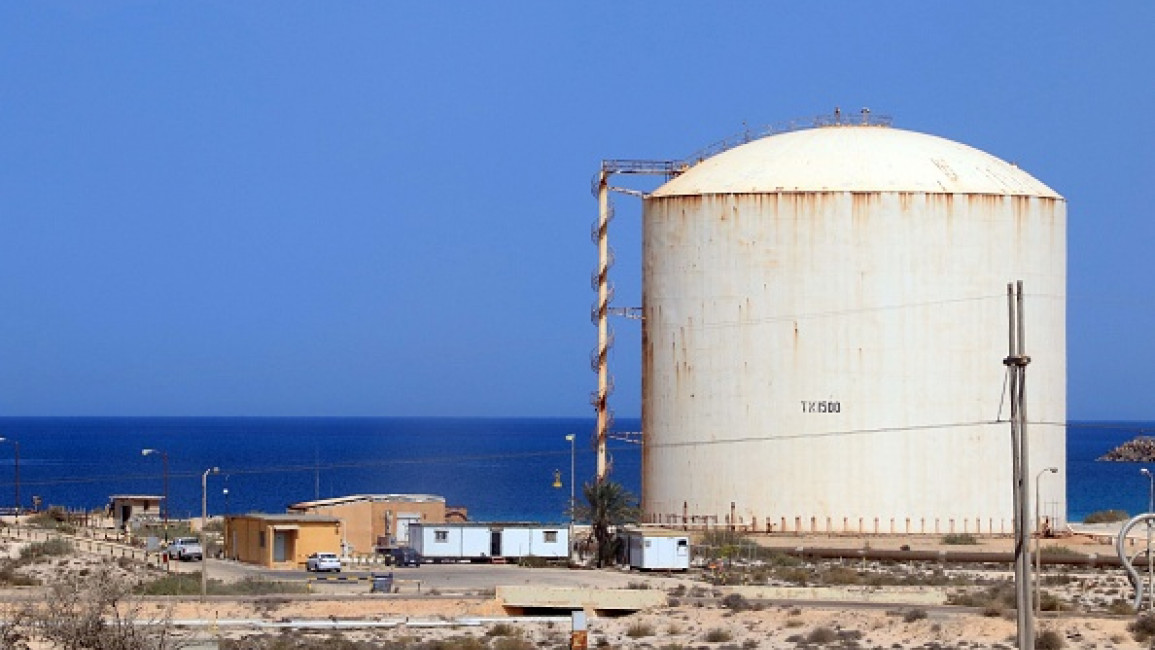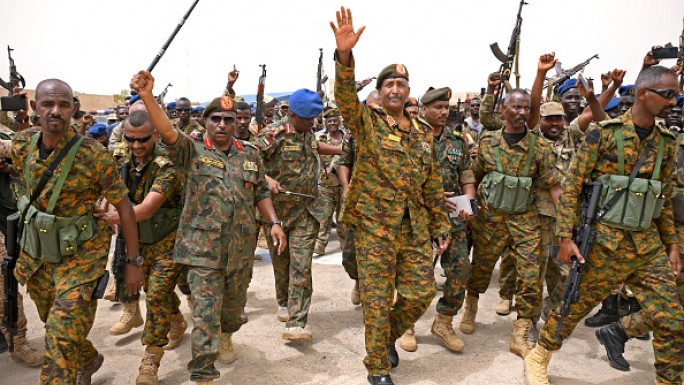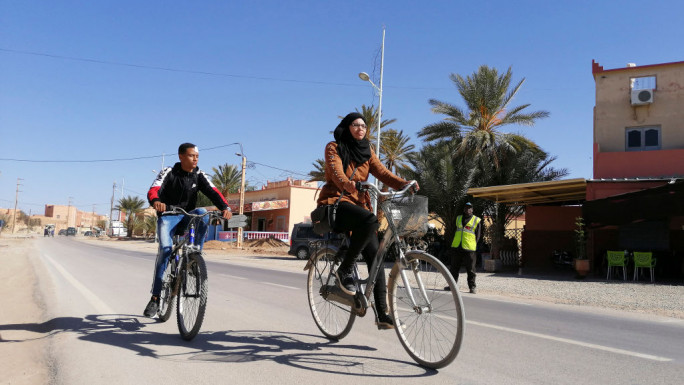Libya's oil production plunges 63% due to oilfield closures, NOC says
Libya's National Oil Corporation said on Friday that recent oilfield closures have caused the loss of approximately 63% of the country's total oil production, as a conflict between rival eastern and western factions continues.
The North African country's oil blockade has widened, with eastern leaders demanding western authorities back down over the replacement of the central bank governor, a key position in a state where control over oil revenue is the biggest prize for all factions.
The crisis over control of the Central Bank of Libya threatens a new bout of instability in a major oil producer split between eastern and western factions that have drawn backing from Turkey and Russia.
Highlighting that the oil sector represents the backbone of the Libyan economy, NOC said restarting the halted oilfields will require huge costs and double technical efforts.
It said the reasons for the oil closure have "nothing to do" with the company, adding that its teams are assessing losses resulting from the closures.
The repeated shutdowns have resulted in the loss of a large portion of the country's oil production, caused a deterioration of the sector’s infrastructure, and dissipated efforts to increase production, the NOC added in its statement.
Eastern factions have vowed to keep Libya's oil output shuttered until the internationally recognised Presidency Council and Government of National Unity in Tripoli in the west return veteran central bank governor Sadiq al-Kabir to his post.
Presidency Council chief Mohammed al-Menfi said he was dismissing Kabir earlier this month, a move rejected by the eastern-based House of Representatives parliament and eastern commander Khalifa Haftar's Libyan National Army.

![Palestine sat next to member states at the United Nations General Assembly on Tuesday [GETTY]](/sites/default/files/styles/image_684x385/public/1441455581.jpeg?h=199d8c1f&itok=CgJaFY6v)





